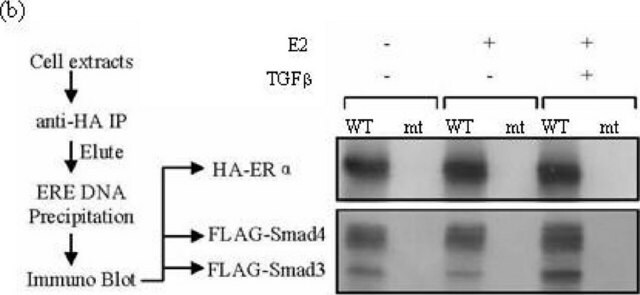H9037
Anticorps monoclonal Anti-HA
~1 mg/mL, clone HA-7, purified from hybridoma cell culture
Synonyme(s) :
Anti-HA, Anti-hémagglutinine de la grippe
About This Item
Produits recommandés
Source biologique
mouse
Conjugué
TRITC conjugate
Forme d'anticorps
purified from hybridoma cell culture
Type de produit anticorps
primary antibodies
Clone
HA-7, monoclonal
Forme
buffered aqueous solution
Conditions de stockage
protect from light
Concentration
~1 mg/mL
Technique(s)
direct immunofluorescence: 10-15 mg/mL using mammalian cells expressing HA-tagged fusion proteins
Isotype
IgG1
Conditions d'expédition
dry ice
Température de stockage
−20°C
Vous recherchez des produits similaires ? Visite Guide de comparaison des produits
Description générale
Spécificité
Immunogène
Application
Immunofluorescence (1 paper)
Forme physique
Vous ne trouvez pas le bon produit ?
Essayez notre Outil de sélection de produits.
Code de la classe de stockage
10 - Combustible liquids
Classe de danger pour l'eau (WGK)
WGK 2
Point d'éclair (°F)
Not applicable
Point d'éclair (°C)
Not applicable
Certificats d'analyse (COA)
Recherchez un Certificats d'analyse (COA) en saisissant le numéro de lot du produit. Les numéros de lot figurent sur l'étiquette du produit après les mots "Lot" ou "Batch".
Déjà en possession de ce produit ?
Retrouvez la documentation relative aux produits que vous avez récemment achetés dans la Bibliothèque de documents.
Les clients ont également consulté
Notre équipe de scientifiques dispose d'une expérience dans tous les secteurs de la recherche, notamment en sciences de la vie, science des matériaux, synthèse chimique, chromatographie, analyse et dans de nombreux autres domaines..
Contacter notre Service technique








